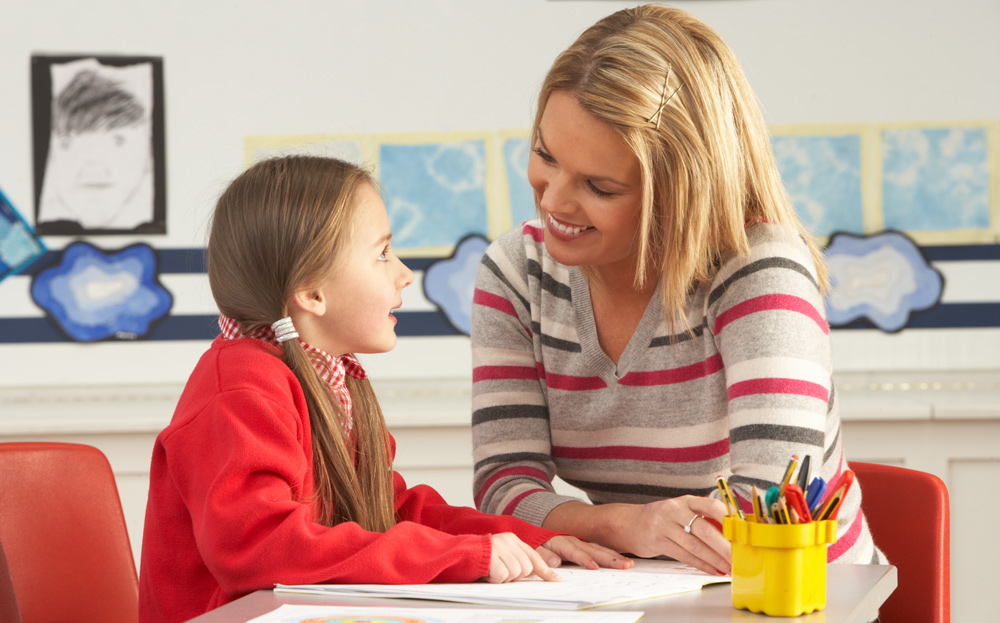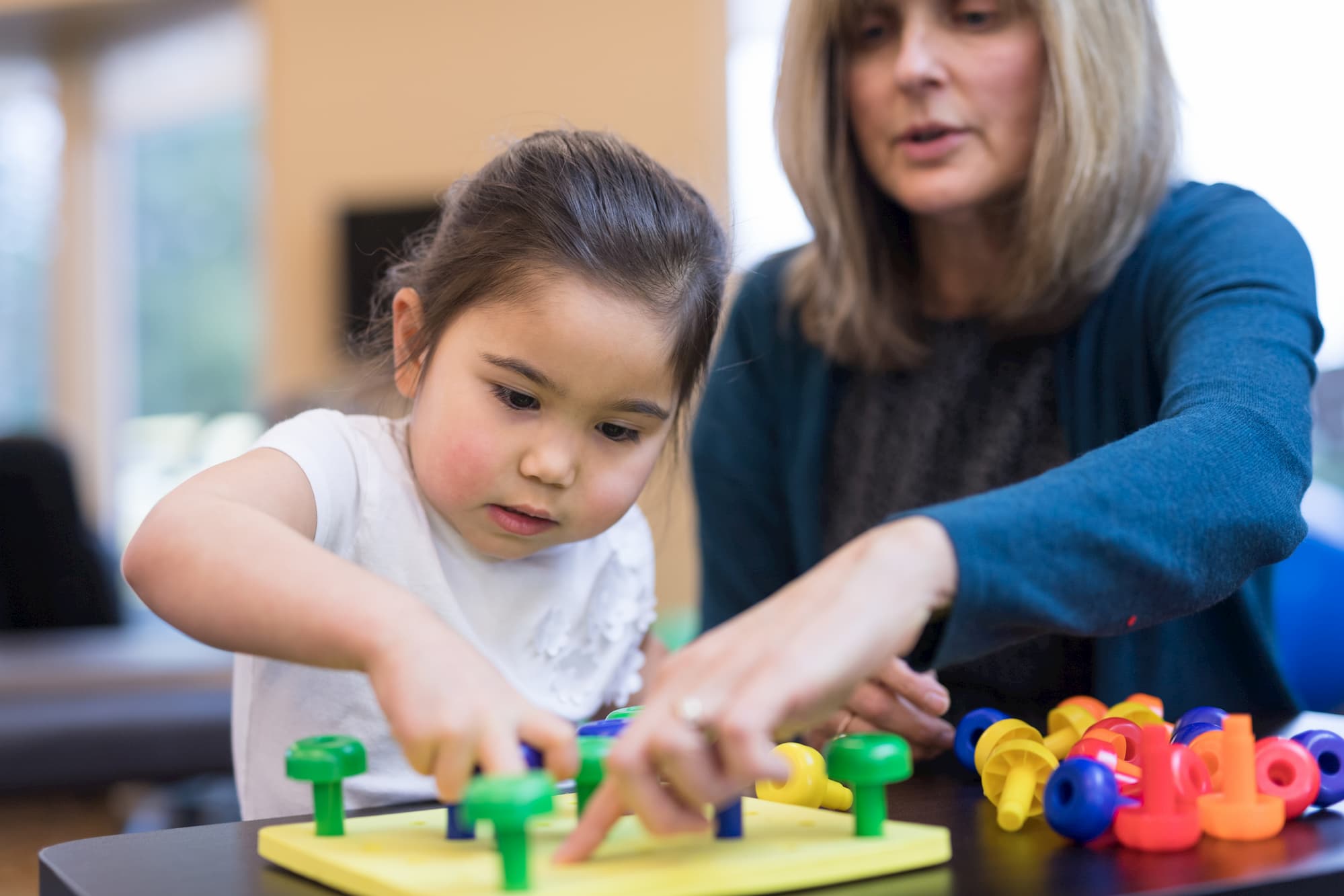As technology continues to advance at a rapid pace, its impact on children’s psychology is becoming an increasingly prevalent topic of concern for parents and caregivers. The integration of smartphones, tablets, computers, and other digital devices into daily life has undoubtedly brought about numerous benefits, such as access to educational resources and enhanced communication.
However, it has also raised questions about the potential negative effects on children’s cognitive development, social skills, and overall mental well-being.
In this blog post
we will explore the multifaceted impact of technology on kids psychology Adelaide and provide practical tips for parents to navigate this digital landscape effectively
Visit this link here – Top kids psychology Service

Understanding the Influence of Technology on Kids’ Psychology
The ubiquitous presence of technology in children’s lives has undoubtedly reshaped the way they learn, socialise, and entertain themselves. Digital devices offer a wealth of information and entertainment at children’s fingertips, presenting both opportunities and challenges for their psychological development.
Research has indicated that excessive screen time can lead to attention issues, reduced physical activity, and disrupted sleep patterns in children.
Moreover, constant exposure to social media and online content can contribute to heightened levels of stress, anxiety, and diminished self-esteem among young users.
It is crucial for parents to recognise the profound influence of technology on their children’s psychology and take proactive measures to mitigate potential adverse effects.
Nurturing Healthy Tech Habits: Tips for Parents
Establishing Boundaries and Screen Time Limits
Encouraging a healthy balance between screen time and other activities is essential for promoting children’s overall well-being. Setting clear guidelines on when and how long children can use digital devices can help prevent excessive exposure and mitigate the risk of developing addictive behaviours.
Encouraging Meaningful Interactions
Balancing digital interactions with face-to-face communication and real-world experiences is pivotal in fostering children’s social and emotional development. Engaging in family activities, outdoor play, and meaningful conversations can counteract the isolating effects of excessive screen time and nurture strong interpersonal skills.
Monitoring Content and Online Activity
Taking an active role in monitoring the content and online interactions of children can help safeguard them from exposure to inappropriate or harmful material. Employing parental control tools and engaging in open discussions about online safety can empower children to make informed decisions and navigate the digital realm responsibly.
Promoting Mindful Media Consumption
Encouraging critical thinking and media literacy skills equips children with the ability to discern credible information from misinformation and navigate digital content responsibly. Emphasising the importance of evaluating sources and questioning media messages can empower children to become discerning consumers of online information.
Leading by Example
Serving as positive role models in their own tech usage, parents can demonstrate healthy tech habits and reinforce the value of unplugging and engaging in offline activities. Modelling balanced tech use and prioritising meaningful connections can significantly influence children’s attitudes and behaviours toward technology.
Seeking Professional Guidance and Support
Despite parents’ best efforts to promote healthy tech habits, some children may experience psychological challenges that necessitate professional intervention.
In such cases, seeking the guidance of child psychologists or mental health kids psychology Adelaide professionals can provide valuable insights and personalised strategies to support children’s psychological well-being in the digital age.
Conclusion
Ultimately, the impact of technology on kids psychology Adelaide is a multifaceted issue that requires thoughtful consideration and proactive measures from parents and caregivers.
By understanding the nuances of this influence and implementing practical tips to foster healthy tech habits, parents can empower their children to navigate the digital landscape responsibly while prioritising their overall psychological well-being.

